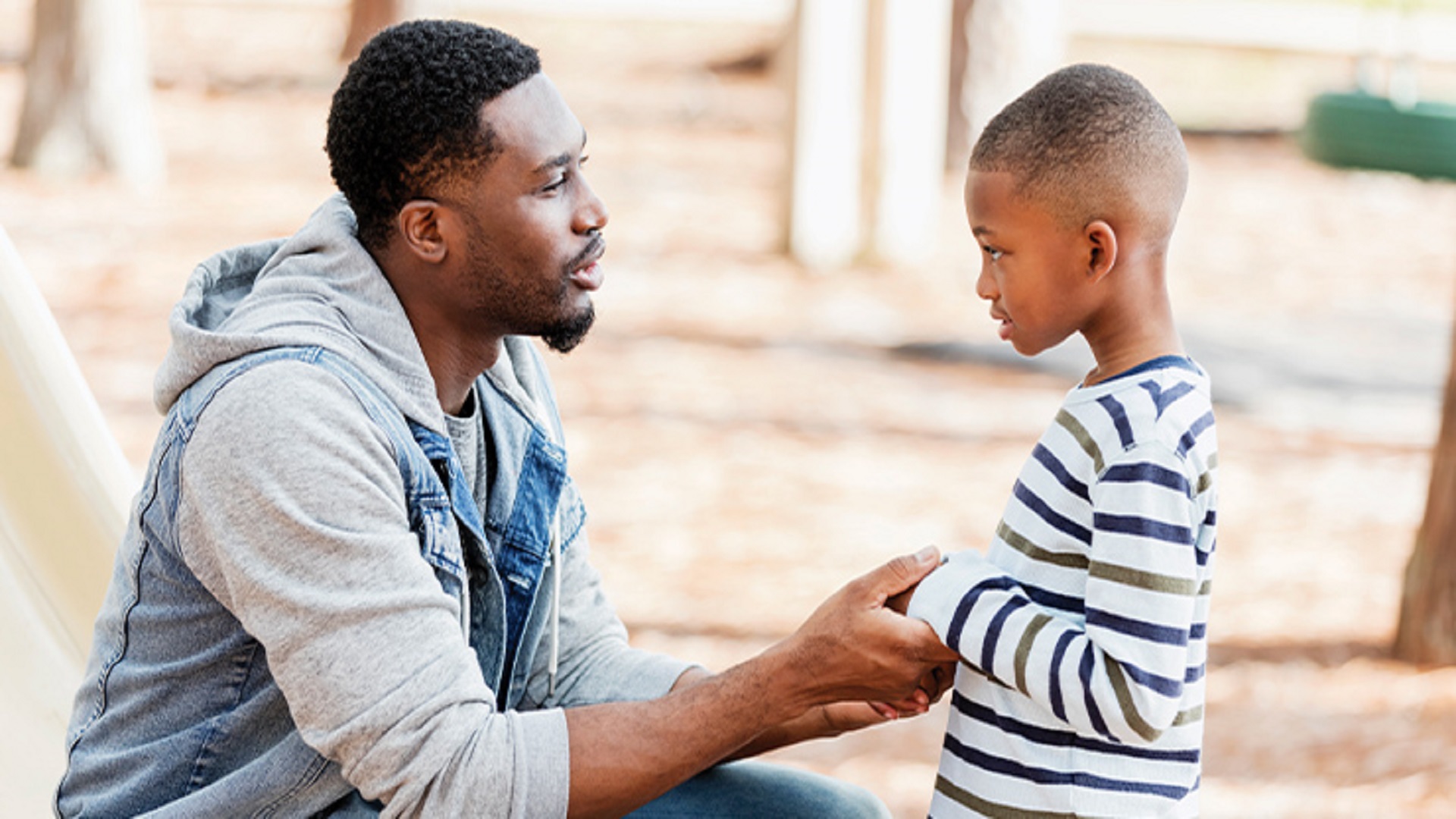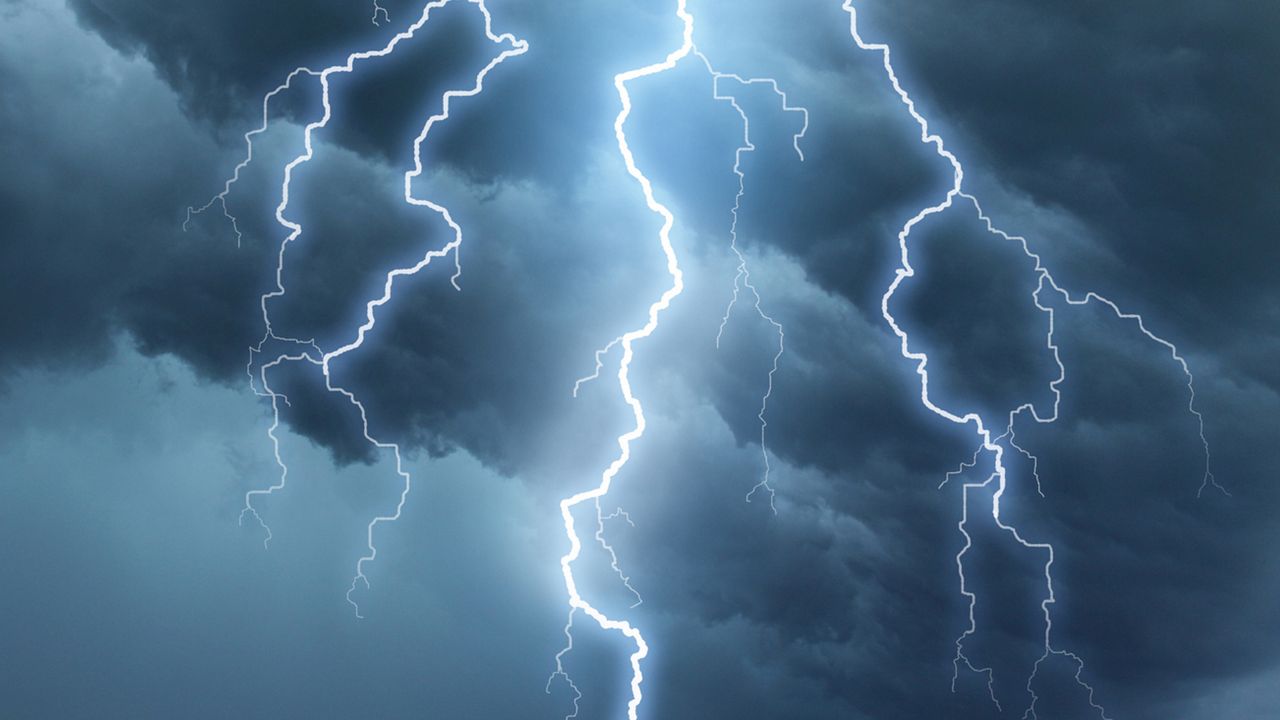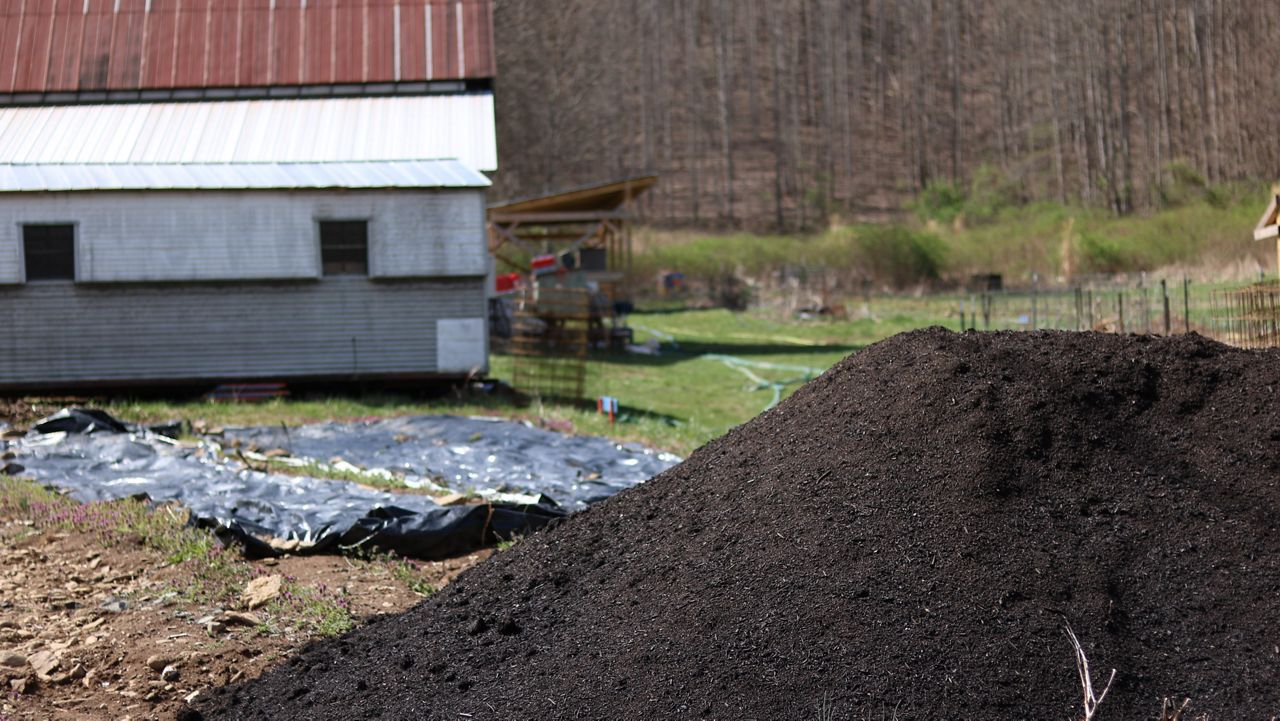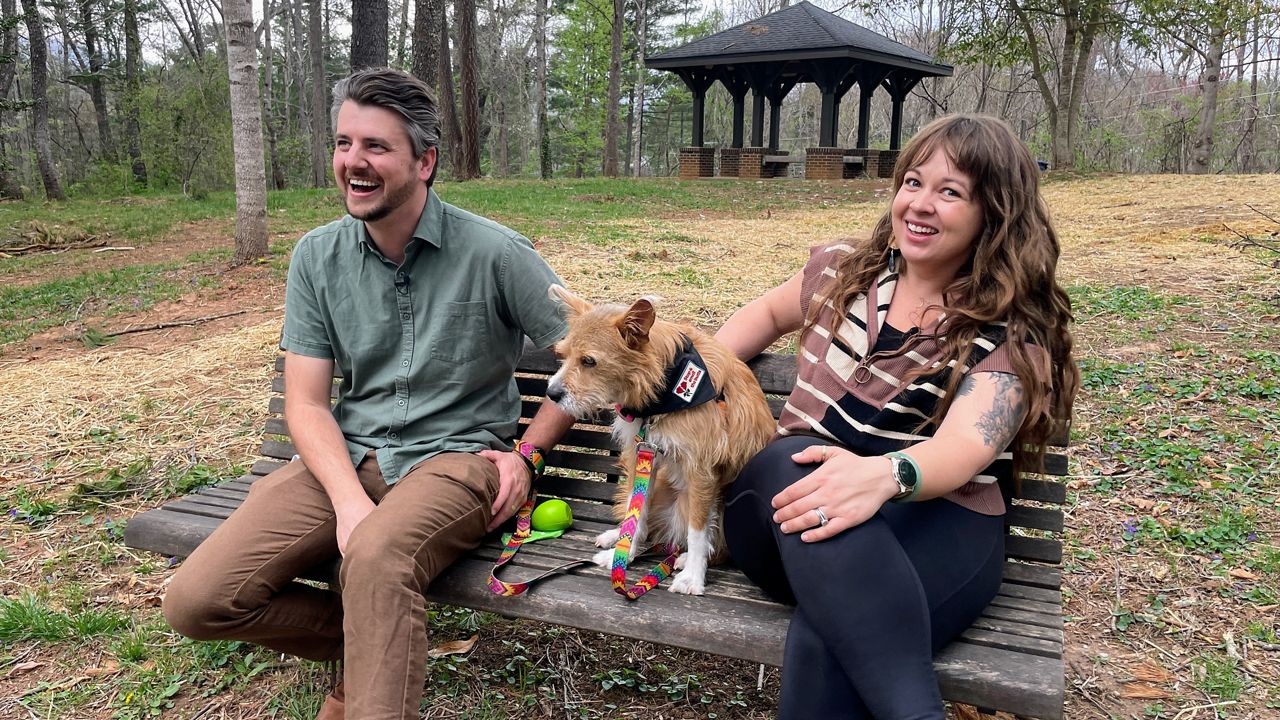While severe weather messaging is typically targeted at adults, there are key things children should know and learn as we head into the heart of severe weather season.
There are some things you can do to help children feel a bit more at ease when these big weather events arise. Understand that some children get tense, worried, and anxious, while other kids may go, "meh, no big deal."
But, we should teach all children about severe weather safety and what to do when a storm threatens your neighborhood, your home, and your family.
The key in teaching your children about severe weather safety is to make them feel empowered, involved, and informed about how they can help protect themselves and their family members.
Let them know that you will do everything you can to help protect them should severe weather become a threat. Kids need to feel reassured, loved, and safe.
It can be extremely helpful to involve children in the planning and preparation process for your family's action plan should you have a direct threat from severe storms. Identify a safe place in your home and help them understand why this location is the safest area to ride out a storm.
Let your children identify a favorite toy, book, or pillow that they can have in your safe place before severe weather closes in. Have them help place a flashlight, bike helmet, and maybe a few snacks into a "safety box" and keep it in the safe place of your home. When children contribute towards this type of preparation, it allows them the feeling of contributing towards your family's safety.
Develop a severe weather safety drill and calmly walk through it several times. This can help children learn to move quickly, stay as calm as possible, and ease some fear of the "unknown" if adult family members tell them "it's go time!" This helps them listen and act upon instructions, if at school or over at a friend's house.

One last word of friendly advice, especially for very young kids: The use of distraction can be helpful. If severe weather is a threat, have them listen to music, put on a favorite movie, or let them play their favorite game indoors. Adults can monitor what's unfolding and then instruct family members about seek safer shelter if needed.
Kids can put on a brave face, but when things get tense or scary, that can go away pretty quickly. I know, I lived it.
Who knows, down the road, your child may grow up to be a meteorologist!









